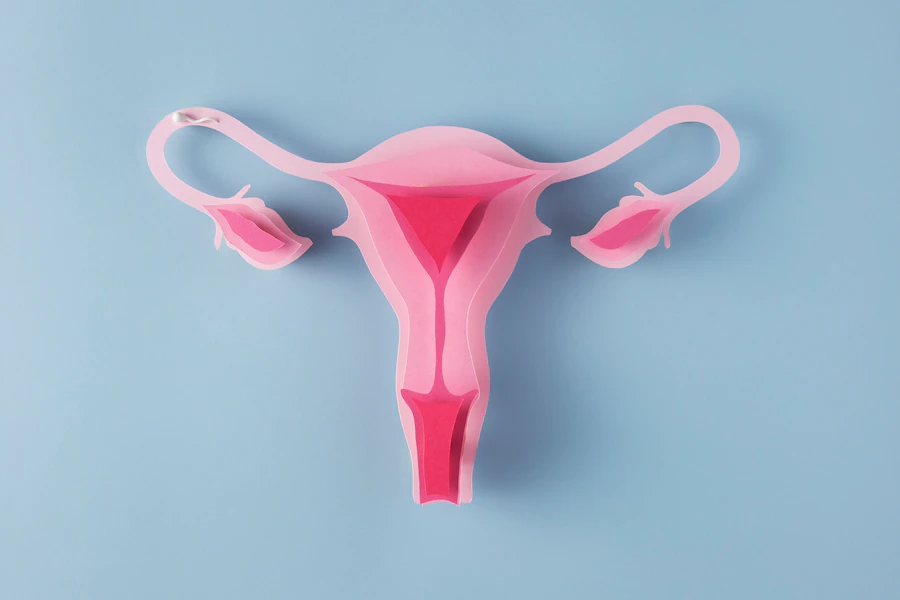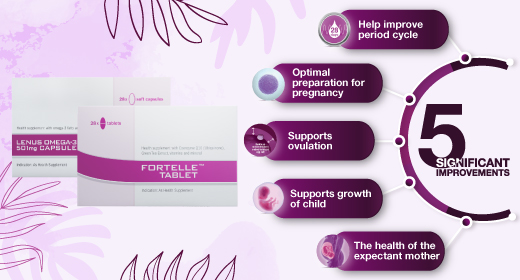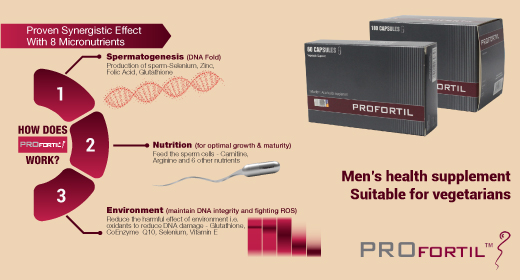How Well Do You Know About Sterility and Infertility?

Certain terms can be a little confusing especially if they are medical related and when they seem similar in definition such as infertility and sterility.
Most people throw ‘infertile’ and ‘sterile’ around and use it interchangeably but they do not mean the same thing.
There is a big difference between these two concepts because they actually describe two different conditions and each have different treatments.
So, let’s see the difference between sterility and infertility and how to move past infertility.
WHAT IS STERILITY?

The common definition for sterility is inability to create offspring as a result of a procedure such as tubal ligation, hysterectomy or vasectomy.
Tubal ligation which is also known as “getting your tubes tied” is a procedure that blocks or partially removes a woman’s fallopian tubes.
Thus, this removes the chance for sperm and egg to meet.
Vasectomy is similar but for males– the tube that allows sperm to travel out of the testicle is partially removed.
Sterility can also be the result of hysterectomy, or removal of the uterus. In other words, sterility is the inability to conceive.
WHAT IS INFERTILITY?

According to CDC, infertility is defined as not being able to get pregnant (conceive) after one year– or longer, of unprotected sex. People with infertility try to conceive with appropriate, timed and unprotected intercourse for twelve months without success.
If the woman is 35 years or older, the duration of the time is shortened to 6 months. Other causes that may shorten the time are anovulation (female partner is not ovulating), male factor (low sperm count/motility) or the need for donor sperm.
Infertility is extremely common, and once the root cause for infertility is diagnosed and treated, most couples can conceive successfully. Unlike sterility, infertility is not always the direct result of a medical procedure or condition.
Infertility and sterility sometimes link or co-exist but they are not the same, necessarily. For instance, a woman that has gone through hysterectomy is considered sterile, thus the woman is infertile. In contrast, a woman may not have infertility issues – but if her male partner is sterile, the couple would suffer from infertility.
TYPES OF INFERTILITY
Usually, infertility is diagnosed when a couple has not managed to conceive after a year of trying (6 months if the woman is 35 years or older).
There are two types of infertility:
1. Primary Infertility
Primary infertility refers to couples that has yet to be pregnant after a year having sex without using any birth control methods. These couples are the ones who have never conceived a child in the past and have difficulty in conceiving.
2. Secondary Infertility
Secondary infertility refers to couples who have been able to get pregnant at least once but now are unable to do so.
WHEN TO GET MEDICAL HELP?
When a year of trying to conceive has passed without success, consult your doctor.
Should you see a doctor more quickly? Yes, if:
● You are a female who is 36 years of age or older; fertility declines more quickly after the mid-30s
● You have any other causes for concern regarding your fertility, such as cancer therapy or suspicions of a sexually transmitted infection (STI)




